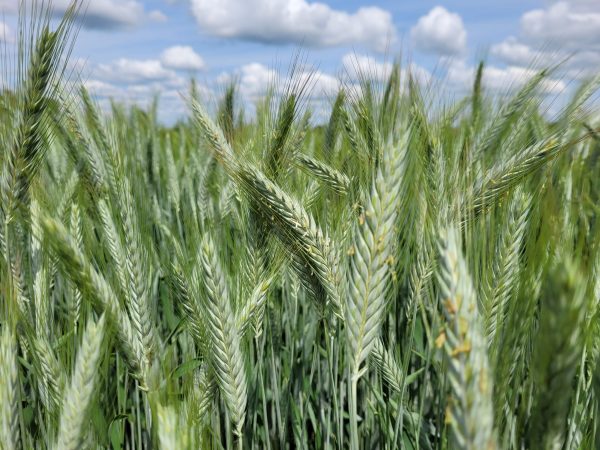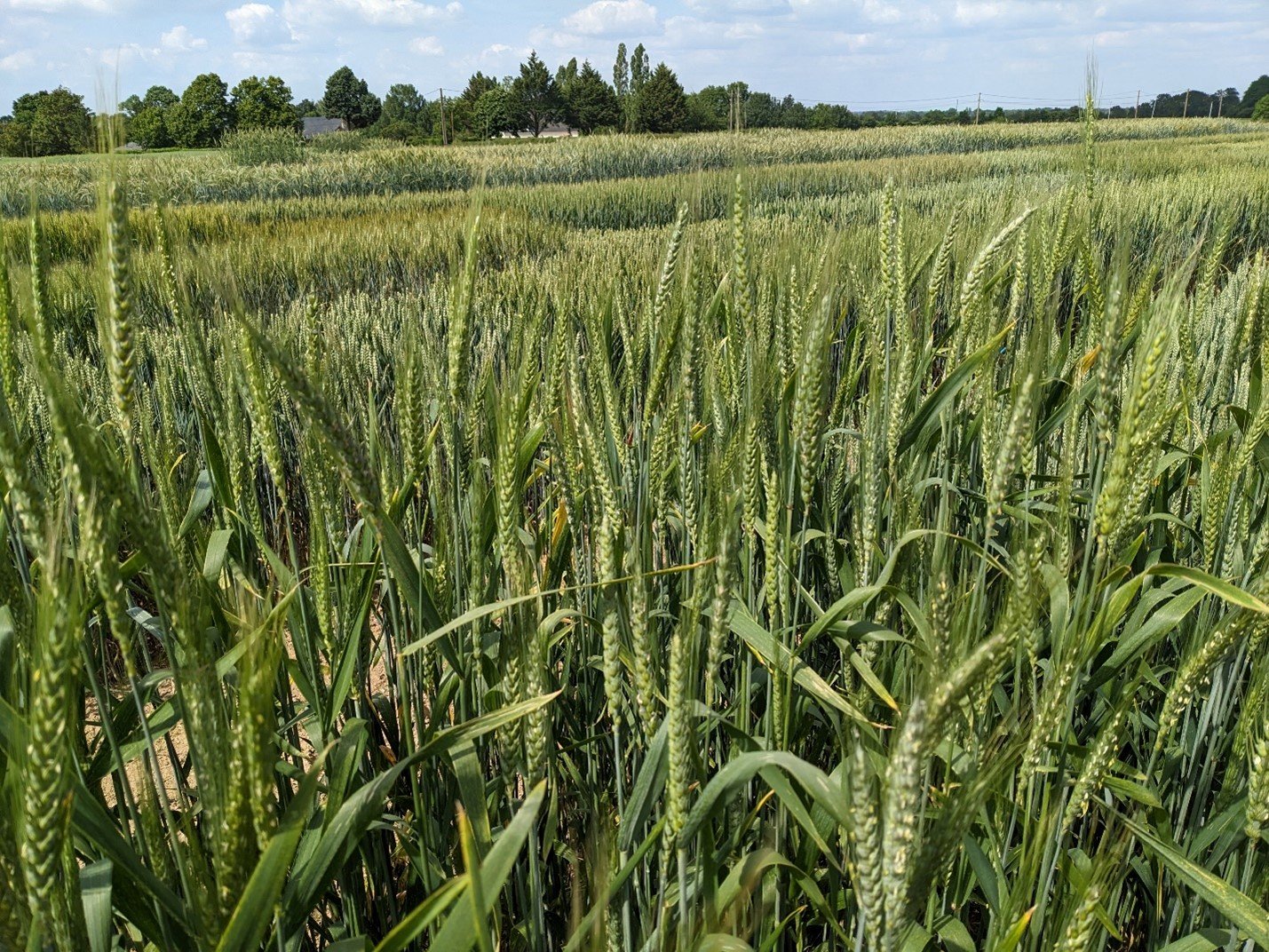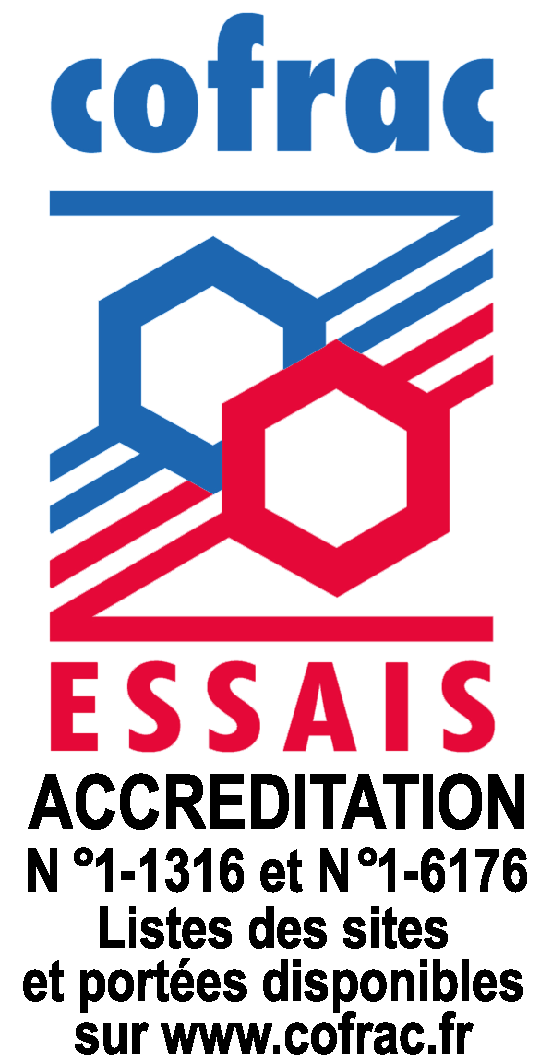
From the CTPS Section Straw Cereals
The CTPS Straw Cereals Section met on 24 October 2023 and approved the proposed registrations on list A for 73 new winter cereal varieties. The main characteristics of these 73 varieties are available here.
- 4 durum wheat varieties,
- 7 varieties of triticale, the first to be registered under the new regulation integrating organic agriculture trials into the quotation,
- 4 varieties of 2-row winter barley, all tolerant to JNO,
- 12 varieties of 6-row winter barley, 8 of which are tolerant to WND and 2 of which have dual tolerance to WND and Wheat dwarf Virus,
- 46 soft winter wheat varieties, including 6 evaluated under organic agriculture conditions and 5 improving varieties.
The number of registrations for soft wheat varieties is a record, representing 45% of the varieties initially registered (35% on average).
The section also approved the proposal to issue Phytosanitary Product Saving Certificates for soft wheat varieties, 36 of which are classed Am (disease resistance), 4 Av (lodging resistance) and 10 Ar (resistance to orange midge). 2 varieties obtained all 3 classes.
On the subject of the CEPP soft wheat sheet, the section noted the need to develop it by integrating tolerance to JNO, by taking account of earliness for the allocation of the CEPP lodging or by excluding from eligibility for the Av and Ar classes varieties with major defects, as exists for the barley sheet. A need to modify this form has also been raised (integration of tolerance to Wheat dwarf Virus) as well as the request to create a CEPP form for triticale, autumn-sown spring barley and, in a second phase, oats.
An update on the work of the VATE commissions was also given, including validation of the experts’ proposal for changes to the allocation of the covering power bonus for soft wheat varieties evaluated in organic agriculture (previously bonus if covering power ≥ Renan, now bonus if sum of quotations ≥ 16).
Lastly, in view of the steady decline in the number of registered durum wheat varieties, the section discussed at length the difficulties facing the sector and possible avenues for progress (compulsory use of certified seed, as in Italy, contractualisation or public funding). The section concluded that there was a need for a united industry with a global and ambitious project and commitments from all parties in order to successfully revive this species.





